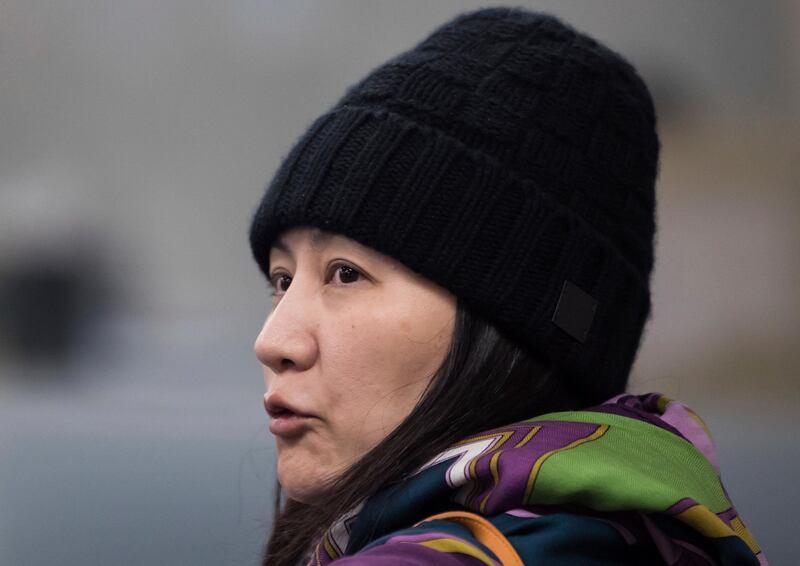The surprise arrest of Huawei Technologies’ chief financial officer Meng Wanzhou is about to impact one of the Chinese company’s suppliers in Japan.
Yaskawa Electric, which supplies industrial robots for Huawei’s smartphone and telecom gear factories, saw all orders for its machines put on hold after the arrest, President Hiroshi Ogasawara said on Wednesday. Of Yaskawa’s $4 billion in revenue for the fiscal year that ended in February, 23 per cent came from China.
“My people on the ground in China say that Huawei is turned upside down internally,” Mr Ogasawara said. “All kinds of capex deals are temporarily on hold as they figure things out.”
Yaskawa’s stock fell as much as 4 per cent before ending the day mostly unchanged. Shares of other factory automation companies Fanuc, SMC and Nabtesco pared gains after the news emerged. A Huawei spokesman said the Chinese company makes decisions on gear purchases months in advance.
“Decisions relating to procurement for this type of equipment were made several months ago,” a spokesman said. “Huawei is unable to intervene in decisions made by other supply chain partners including companies with which we have outsourcing arrangements.”
Ms Meng was arrested in Vancouver at the request of US authorities for allegedly violating sanctions related to selling technology to Iran. While her detention has become an international incident, this is the first indication that it is beginning to affect Huawei’s operations. The arrest has further undermined the international standing of the company, which was already under suspicion in the West because of its ties to the Chinese government.
Separately, Japanese media reported earlier this week that the country’s top three carriers — NTT Docomo, SoftBank Group and KDDI — will ban telecommunications equipment by Huawei and ZTE. France’s Orange said it does not plan to work with Huawei to build its fifth-generation mobile network.
_______________
Read more:
Huawei CFO's arrest will divide countries over China and US
Trump says he may intervene as Huawei CFO granted bail in Canada
_______________
The order freeze is making Yaskawa reconsider its outlook on the timing of demand for 5G phones and communications equipment, because Huawei was at the forefront of the technology’s rollout, Mr Ogasawara said.
Yaskawa said in October his company expects memory chip manufacturers to start making capital investments related to 5G in the spring and see a boost in its own machinery orders by early next year. That outlook is now uncertain because of the events at Huawei, it said.
The Huawei incident and trade tensions with US are not likely to derail 5G’s rollout in China, he said. The deployment is driven by China’s national policy and orders for internal demand will make up for any losses due to trade barriers, Mr Ogasawara said.
Yaskawa has three factories in China, all of which make machines for domestic customers.
Global smartphone output is not likely to decline, but capital investment is likely to remain flat until 5G demand kicks in second half of 2019, he said.






